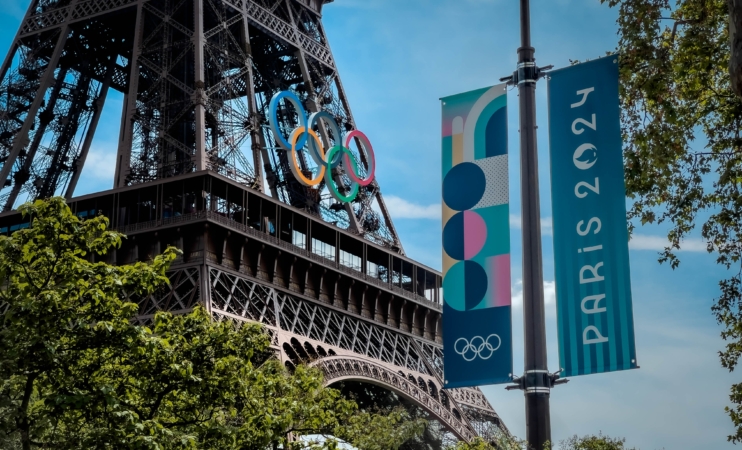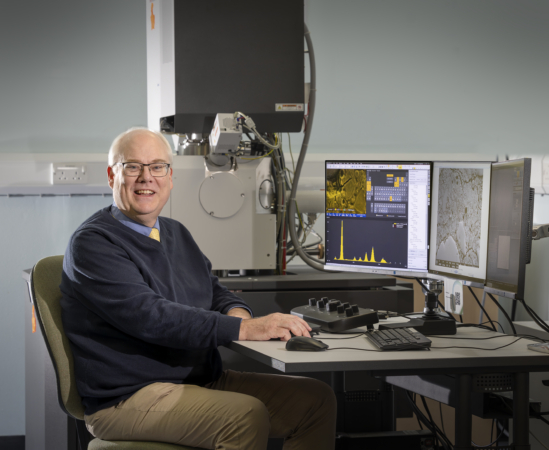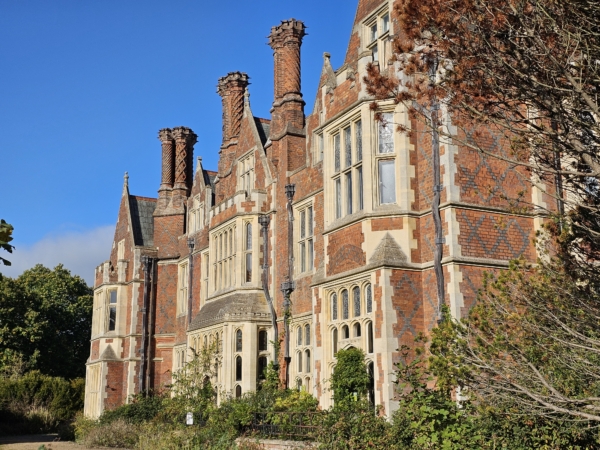The lessons AWE’s Future Materials Campus (FMC) can take from delivering the Olympic infrastructure
By Andrew McNaughton
Today, the eyes of the world are on Paris as the city celebrates the opening of the 2024 Olympic Games. What an exciting moment this is for the French nation. I’m sure many of you have very fond memories of how it felt when London had the privilege of hosting the 2012 Games.
For me, this was an amazing moment, the culmination of many years of meticulous planning and careful delivery that brought the nation together. My role was to lead the delivery of major elements of infrastructure for London 2012, an amazing, if somewhat daunting, must-not-fail challenge. The thing about the Olympics is, you can’t host the Games if the Velodrome isn’t complete while the Stadium or the CopperBox are. Imagine the Aquatics Centre without the diving boards (particularly poignant for Tom Daly)? Delivering to time was key, if the UK was to avoid international embarrassment.
Paris has undoubtedly faced some of the same challenges we did when leading the delivery of this international event. Our task was complex because of the location of the Games in Stratford, the constraints of working in a small footprint and how we planned to bring resources into this relatively inaccessible part of East London. An example of this is that the first challenge was to arrange was tunnelling under the site to relocate the myriads of overhead power lines.

When I think back to London 2012, I can quickly draw parallels with the challenge I now face at AWE. Our infrastructure needs significant investment and we are gearing up to deliver some of this through the Future Materials Campus (FMC). This focuses on designing and developing new facilities, dedicated to manufacturing, testing and storing critical components for the UK’s nuclear deterrent. It is currently in its early stages, where we’re focusing on our design, as well as looking at how use innovative ways to work with supply chain colleagues, to deliver the manufacturing processes required.
Not only will AWE need to think very differently as a business, but we are also applying programmatic logic to how we do this to ensure we achieve significant cost savings to the tax-payer, while still maintaining our time schedule.
As I look back at London 2012, I remember how everyone worked together with a common sense of purpose and set aside competitive rivalries. There was a genuine collaborative ethic where everyone knew that we would only succeed together. This is something I am keen to foster for the FMC and we are making early steps. For example our approach to digital is different, as you can see from a recent article for The Manufacturer.
It is vital to build a team that is high-performing, has a shared mission and works in a collaborative way. Like London 2012, the FMC must be delivered in a complex environment with supply chain challenges, working with many stakeholders with differing requirements but with the added rigour of being on an operational nuclear site. I’m building a diverse team, who has experience in all these things, with the intent of creating a coalition of experts in both nuclear and infrastructure programmes.
I know from experience that I can’t do it all, so my philosophy is to bring in a team that I can empower and trust, which has high standards and is committed to the mission. This is what was done for London 2012 and what I am emulating here for the FMC. This includes Sharif Narouz as Delivery Director who has worked on programmes like Crossrail, and Emma-Jane Houghton, as Commercial Director, whose learning from working with government is leading to innovations with our supply chain.
My key learning from London 2012 is, from the outset, frame a vision that can be understood by all and communicate it relentlessly and tirelessly. Establish working practices and commercial constructs based on fairness and which incentivise collective ownership of the challenges that the programme will face. Watch this space to see how we progress on the FMC.
With that, I’m going to eagerly follow and cheer on our national Olympics squad which, like our FMC team, is setting out a path for others to follow.



